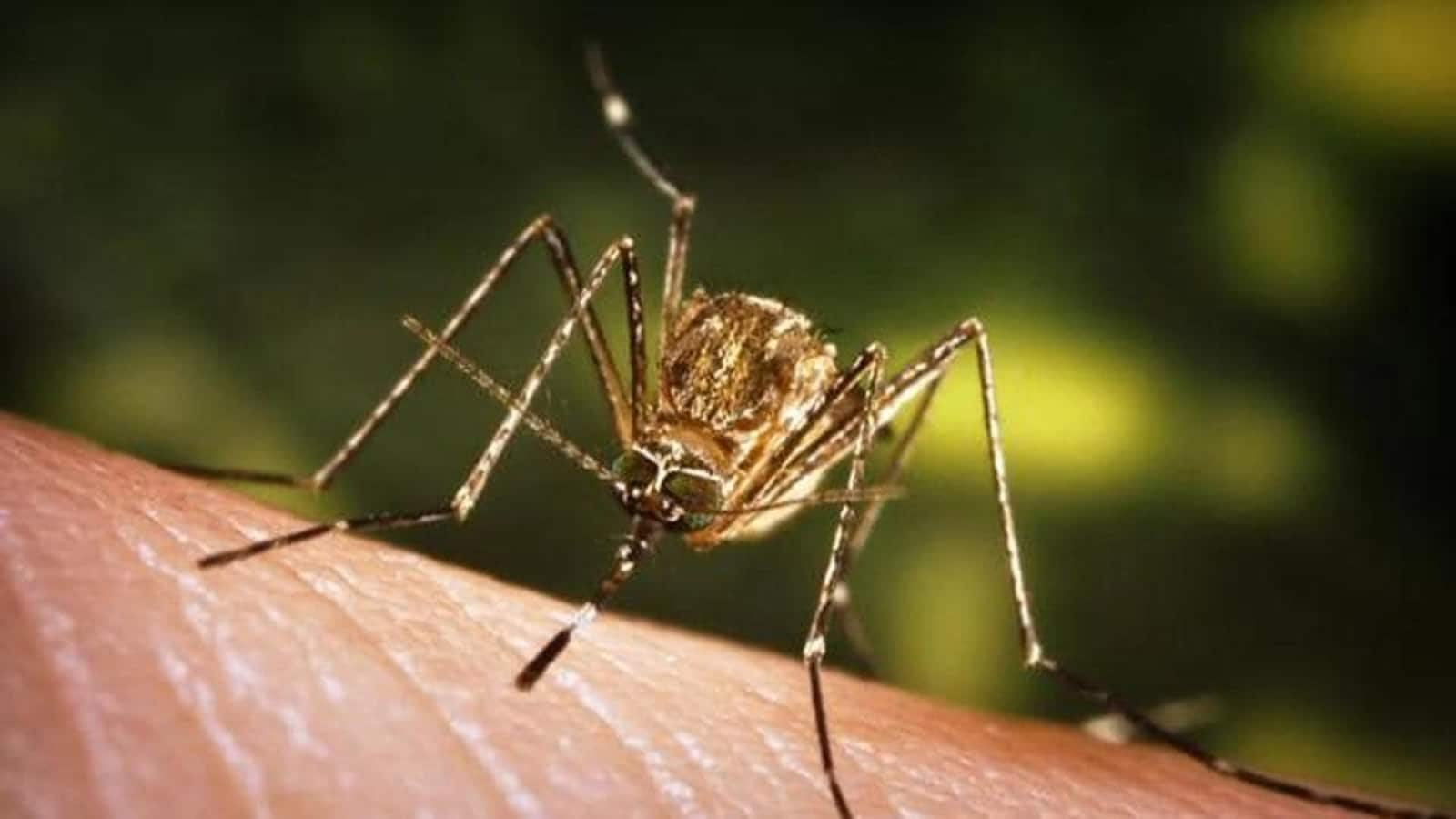
Delhi reports 1st Japanese encephalitis case in decade: What's it
What's the story
Delhi has recorded its first case of Japanese Encephalitis in more than a decade.
The patient is a 72-year-old man from Uttam Nagar, West Delhi, who was admitted to the All India Institute of Medical Sciences (AIIMS) on November 3 after complaining of breathlessness and chest pain.
He tested positive for the virus through an IgM ELISA test on November 6 and was discharged on November 15.
Official statement
Health officials confirm isolated case, no outbreak
Health officials have confirmed that this is an isolated case and there is no outbreak of Japanese Encephalitis in Delhi.
They assured the public that necessary precautions are being taken as per guidelines from the National Centre for Vector Borne Diseases Control (NCVBDC).
Most reported cases of this disease are from neighboring states, not Delhi.
Disease overview
What is Japanese encephalitis
Japanese Encephalitis is a viral infection transmitted by mosquitoes, especially the Culex species. It is associated with dengue, yellow fever, and West Nile viruses.
The virus does not spread from human to human.
Symptoms may vary from mild fever and headache to severe neurological problems like seizures and paralysis.
There is no specific treatment for the disease; management involves relieving symptoms.
Prevention strategy
Vaccination: Key preventive measure against Japanese encephalitis
Vaccination is the only effective preventive measure against Japanese Encephalitis.
The central government has included two doses of the vaccine in the Universal Immunisation Programme since 2013, with adult vaccines introduced in high-burden states.
In 2024, India reported 1,548 cases of Japanese Encephalitis across 24 states and Union Territories, with Assam accounting for 925 cases alone.